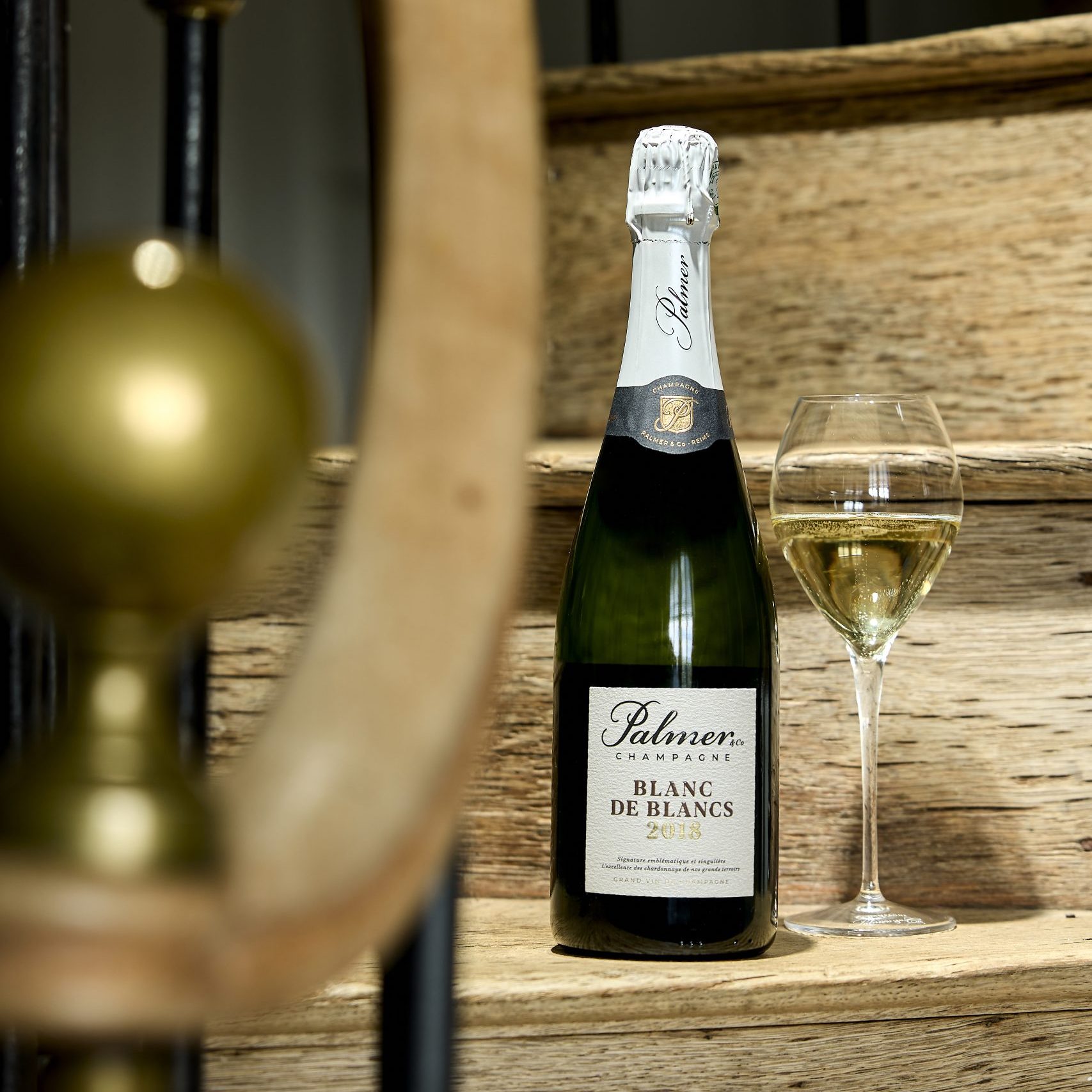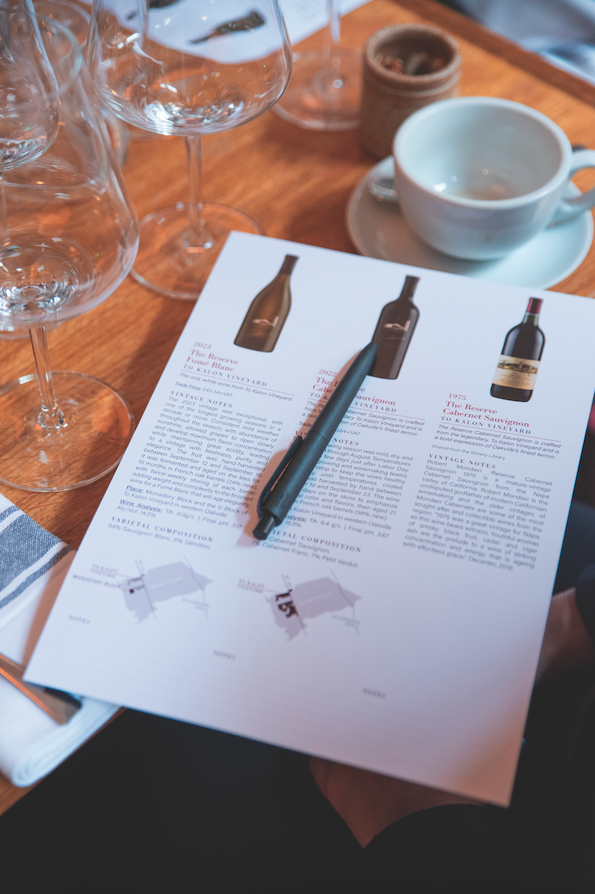Manipulative winemaking declared a fault
Over-manipulation is a wine fault claimed Douglas Wregg from Les Caves de Pyrène during a debate on natural wines last week.
Speaking during the official launch of Jamie Goode and Sam Harrop MW’s Authentic Wine: Toward Natural and Sustainable Winemaking, Wregg defended a low-interventionist approach to winemaking for more accurately expressing site specifics.
“If you are intervening too much you’re not an authentic, but a commercial product,” he said, when invited to speak about what authenticity signified in wine.
However, he also commented that he didn’t like the term “natural wine”. “It’s a semantic thing… it seems to offend so many people who make wine,” he explained.
Indeed, Jamie Goode, who introduced the discussion, said, “Natural seems to be a term that polarises people: some love the concept but for others it’s a red flag.”
Continuing he explained, “And even most natural wine has some level of human intervention so we came up with the concept of authentic wine.”
For Goode, to be an authentic wine you must add as little as possible; have a sense of place; be fault free; pick at appropriate ripeness and be sustainable.
While Wregg admitted “very few winemakers are zero interventionalists” he stressed, “sustainability should be top of the list because wine is a luxury, we don’t need it, and we should bequeath the land in the state we received it.”
For Wregg, “the notion of diversity is the most important thing we have in the wine world,” before expressing distress at the idea you can “chemically create wine”.
He also said, “Today the lowest common denominator of wine is higher but it is still incredibly mediocre.”
David Gleave MW, founder of Liberty Wines, who spoke along with Wregg during the discussion and tasting, said, “We are in the job of pleasing the consumer, we’re in a service industry.”
Continuing, Gleave said that this meant it was vital to offer consistency, something natural wines are widely accused of lacking.
Responding to this suggestion later in the discussion, Wregg commented, “I don’t want consistency, I want to be surprised, delighted, upset and challenged.”
He then added, referring to wines with minimal intervention, “I’ve had amazing epiphanies and huge disappointments.”
Partner Content
Sam Harrop concluded the evening by applauding the notion of low interventionist winemaking but stressed the need for “a certain level of consistency because otherwise we are distancing ourselves from the mass market”, a comment echoed in an interview db ran last month with biodynamic advocate and practitioner Christophe Ehrhart, managing director of Josmeyer.
The wines poured blind during the book launch were:
From Douglas Wregg (natural wines):
2008 Jean-François Ganevat Chardonnay Les Chalasses Vielles Vignes, Côtes du Jura
2008 La Pointe Chenin 1921, Les Vignes Herbel, Laurent Herbel and Nadège Lelandais
2009 Rene-Jean Dard & Francois Ribo Saint-Joseph
2009 Julian Guillot Gamay, Clos des Vignes du Maynes, Macon-Cruzille “Manganite”
From David Gleave MW (biodynamic wines):
2009 Pieropan Soave, DOC Veneto
2010 Vanya Cullen, Semillon/Sauvignon Blanc, “Mangan Vineyard”, Margaret River
2007 Heathcote, Shiraz, Greenstone Vineyard, Victoria
2006 Fontodi Flaccianello della Pieve Colli della Toscana Centrale





There are many writing about “natural wine”. It is almost certain that 1 to 1.5 million years ago Homo erectus collected and ate the wild grapes in the South Caucasus of present day Georgia. They must have had methods to collect and carry the grapes. Did they collect the grapes and share them with others? It must have occurred on occasion that a good amount of the red Vitis vinifera were left behind and later revisited. The Homo erectus upon return probably found the grapes a bit “tingly” on the tongue. They also found the pool of juice collecting below the grapes was quite nice to drink. After eating the grapes and drinking the juice they got a bit cheery. Soon, drowsiness set in and naps were had.
This is probably the definition of the first natural wine. All else is tinkered wine.
George Vierra
12 May 2010
May be one could say “Manipulative winemaking is a land use fault” or to a lesser extent “Manipulative winemaking is a viticultural fault”. As this is where the problem starts. Keeping in mind the comment regarding wine being a luxury item, we don’t need every nook and cranny filled with grapes. Just the good sites.
Refrigeration is the most egregious intervention, and is responsible for most of the Greehouse Gas Emissions involved in modern winemaking.
At the lower fermentation temperatures made possible by refrigeration, more volatile aroma compounds are retained in the wine.
But refrigerating the whole mass of grape juice is an inherently inefficient and energy intensive means to retain aroma molecules, which represent only a tiny fraction of grape juice composition.
Controlled temperature fermentation helped to enable the hugely successful ‘Fruit-Driven’ style, but it also turned winemaking into an industrial enterprise.
With refrigeration, economies of scale became possible…we just had to burn more coal. Traditional methods for limiting fermentation temperatures such as underground cellars, smaller fermenters and more slowly fermenting yeast strains were abandoned. Winemaking becoming a smoke-stack industry, but the ’clean, green’ facade could be maintained because the smokestacks were far away from the picturesque vineyards.
It’s funny because I was sure that Les Caves de Pyrene’s list contains plenty of wines that I would consider to have involved a pretty hefty amount of winemaking jiggery-pokery. Last time I looked it included Vin Jaune, Maury, Sherry and a host of other styles that don’t come about without a fair amount intervention.
What it seems to come down to is that interventions that Douglas Wregg approves of don’t count. It is only those that he frowns upon that invalidate a wine.
Great Sherry is surely one of the most interventionist wines on the planet. Between the use of barrels, flor, soleras and blending the winemaker’s mark is writ heavy on the finished product. But is there anyone who would argue that any of this makes a great Sherry any less “authentic”?
Lets try and be less dogmatic and just enjoy good wine – wherever it is found.
Interesting and very thought-provoking.